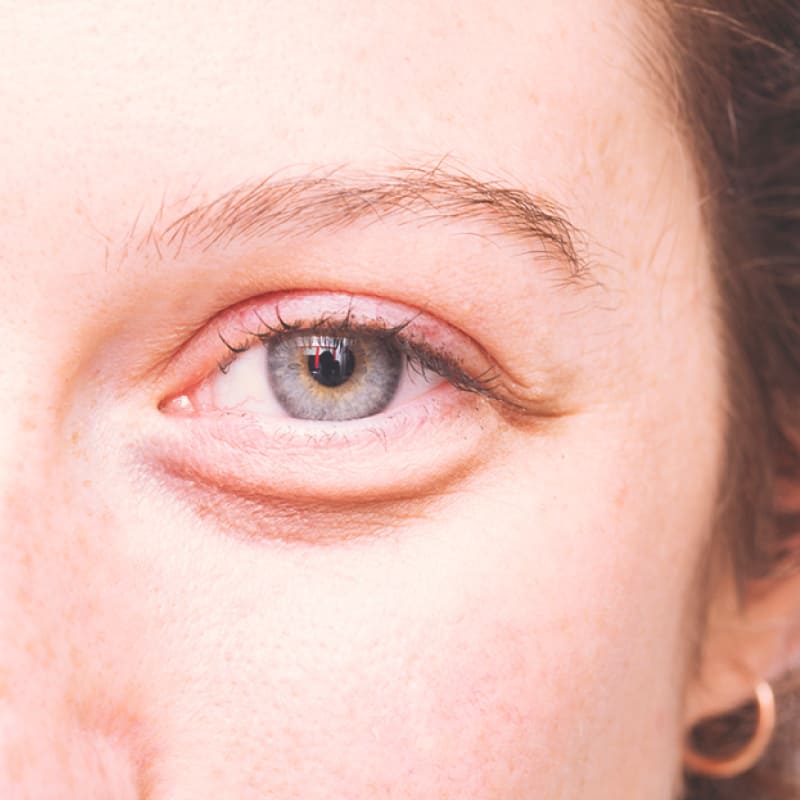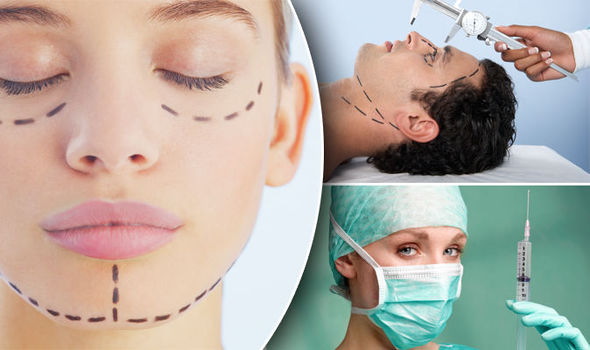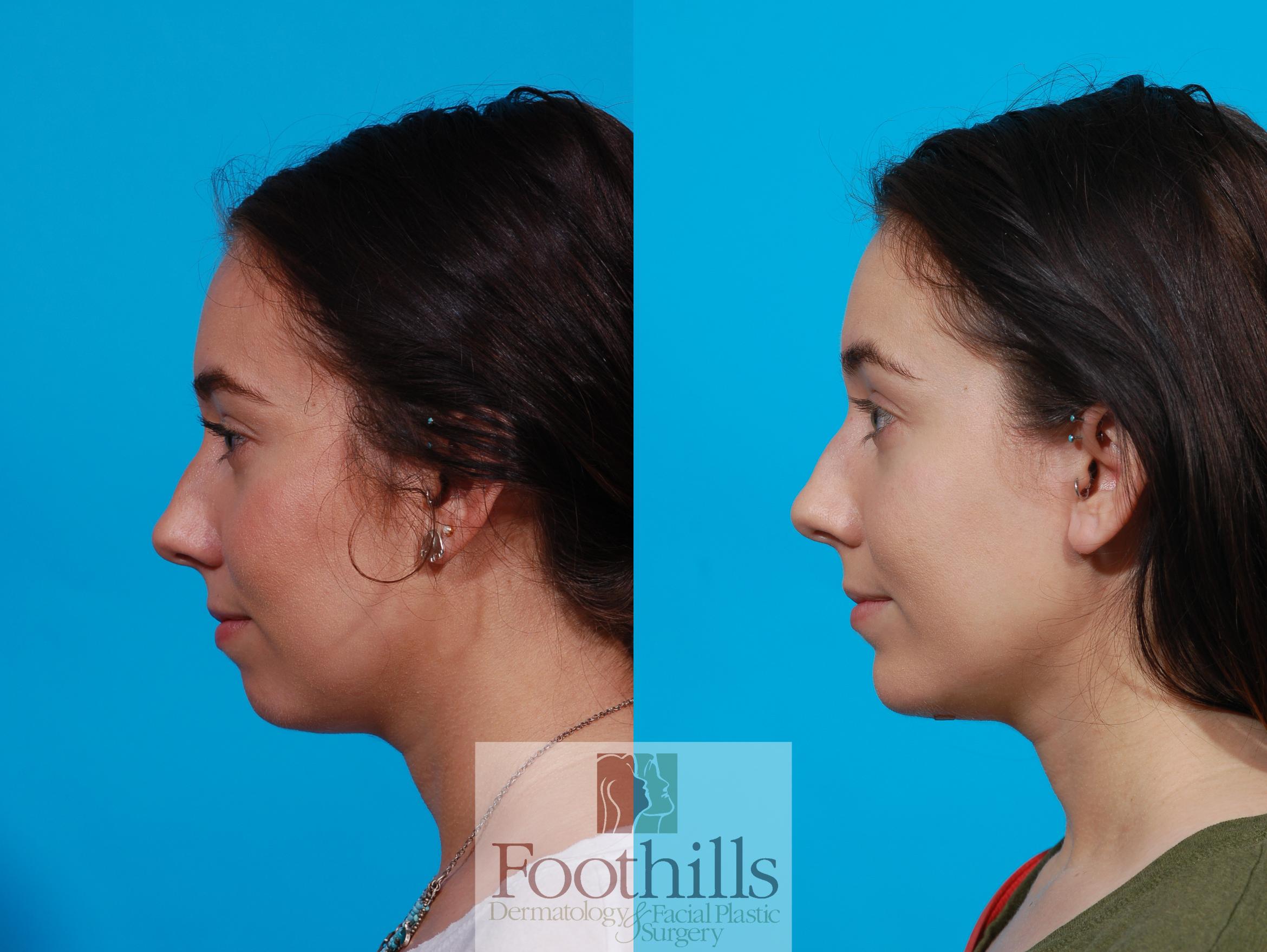
Eye twitches can be caused by many things, but most are not serious. Some people experience eye twitches from a lack in certain nutrients, such as magnesium or B12. Vitamin-rich foods include salmon, avocados (and spinach), and bananas. Getting the recommended daily allowance of these vitamins and minerals can prevent eye twitching. Eye twitches may also occur due to stress or nutritional deficiencies.
Botulinum toxin
Anyone can experience Blepharospasm or involuntary closure of the eyeslids. It's a benign condition that has no known cause. Both eyes are affected equally. The condition can be treated with Botulinum Toxin injections. Botox, Dysport and other brands are used to sell the Botox toxin in Australia.
While the toxin is FDA approved and safe, the injection procedure can cause side effects. Side effects that can cause irritation or discomfort to the eyes are quite common. The toxin can cause blurred vision and corneal damage. The temporary treatment is temporary and will last approximately 3 months. Patients should be prepared to use eye lubricants as well as a backlit keyboard for the duration of the injection procedure.

Reducing stress
Eye twitching can often be caused by stress, caffeine or other factors. Eye twitching can also indicate a condition like essential blepharospasm. This can make it hard to see clearly and make your daily activities difficult. You should see a doctor if your twitching becomes unbearable.
Exhaustion and fatigue are another cause of eye twitching. You should get plenty of sleep and engage in some form of physical activity like yoga or brisk walking. Stress-relieving hobbies and staying hydrated can help. Avoid drinking coffee or soda, as these can cause eye twitching. It's also a good idea not to consume caffeine or alcohol.
Natural treatments
Eye twitching can be treated naturally by simply putting cold water in your eyes and avoiding electronic devices. A simple way to reduce stress is the palming method. Also, you can try the palming technique: apply warm water and eucalyptus Oil to your eyelids, then twitch your eyes. Additional to these tips, you can also drink 8-10 glasses per day of water to relieve eye twitching symptoms.
Inflammation in the eyelid is another common cause of eye twitching. Symptoms include sore and itchy eyelids, crusty eyelids, and a burning sensation. Good eye hygiene and avoiding excessive eye strain are two ways to prevent blepharitis. You should also avoid excessive rubbing of your eyes. To reduce inflammation, avoid contact contact with contact lens or irritants.

Calling an eye specialist
The answer to your question about whether an eye doctor can help with eye twitching is "yes." If the twitches you're experiencing are caused by an underlying health condition, you should first seek treatment from a medical professional. The condition may resolve itself in most cases. Sometimes, however, the twitches can become permanent. These cases should be taken to the eye doctor.
Eye twitching can be normal as we age, but if it becomes severe enough, it could indicate something more serious. If you've recently suffered a facial injury or are experiencing double vision, you should see a doctor as soon as possible. Although eye twitching is not usually serious, it should be treated if it continues.